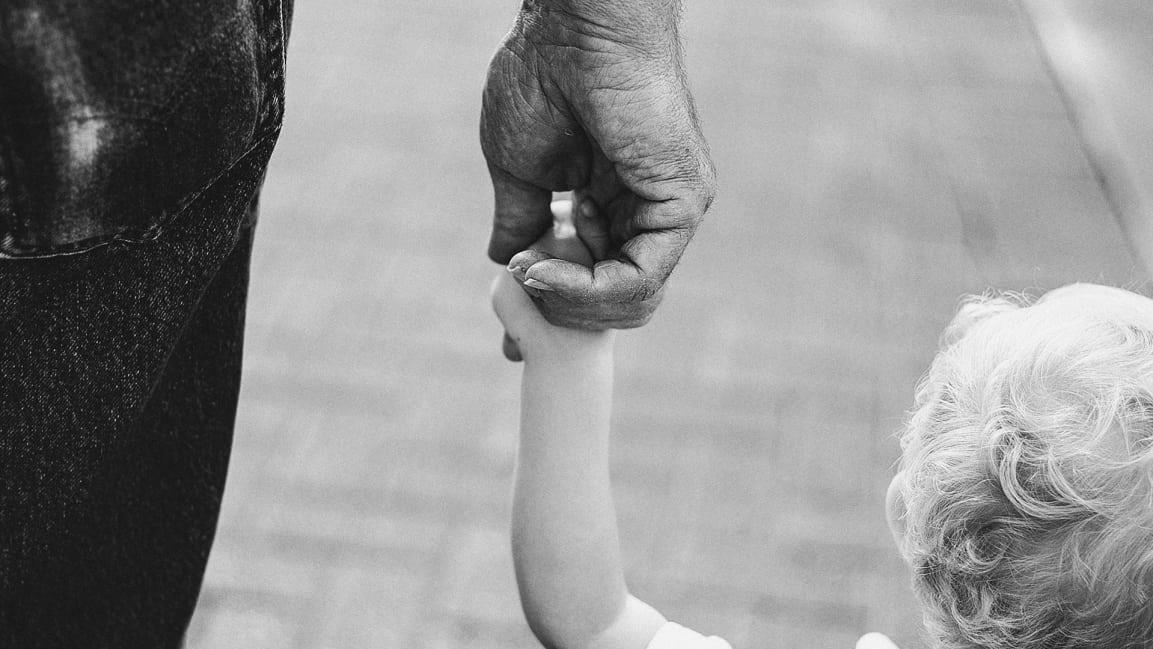American parents are depressed, and the reason why is even more depressing
Ray Romano once joked, “Everyone should have kids. They are the greatest joy in the world, but they are also terrorists. You’ll realize this as soon as they’re born, and they start using sleep deprivation to break you.”
Parents might laugh at that, or they might just nod knowingly because they’re too tired to laugh. In fact, working parents (yes, every parent is a working parent, but only some have an HR department they can complain to) have no choice but to be exhausted. Too often they spend long hours working for money—and then more hours working to ensure their children are fed, have a roof over their heads, and aren’t sociopaths.
It is by definition exhausting, unless you’re lucky enough to work for a super progressive company, or you live in a country or state that has decent parental leave policies, flexible scheduling, or any other family-friendly workplace policies. Unfortunately, such policies are exceedingly rare in the U.S.
A recent article in the New York Times about attitudes toward gender and equality in the workplace and at home included a little nugget about the happiness of working parents versus non-parents, and it’s not very reassuring. Out of the 22 countries surveyed, “American parents stood out” as the “most unhappy.” Yes, U.S. parents are miserable and there’s a really simple reason why—lousy family-friendly workplaces. Per the Times, “in countries that had such policies, there was no happiness gap between parents and nonparents.” One expert was quoted by the Times saying she believes “it’s harder to be the parent of a young child and a full-time worker now than 30 years ago.”
The U.S. is far behind the rest of the world when it comes to federally mandated paid parental leave, and while more companies are offering parental leave, there is still a lot to be desired. For instance, only 21% of family leave is taken for new babies. And each year, more than 40 million people, or 18% of the U.S. workforce, spend an average of 24 hours a week providing unpaid care for a chronically ill, disabled, or elderly family member. So parents and families need to either accept their misery or add fighting for change to the long list of things they need to do each day.
(16)



